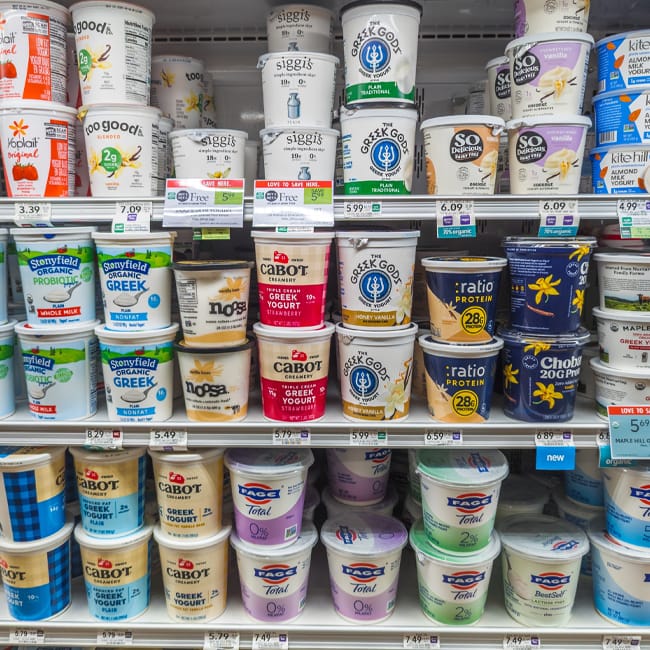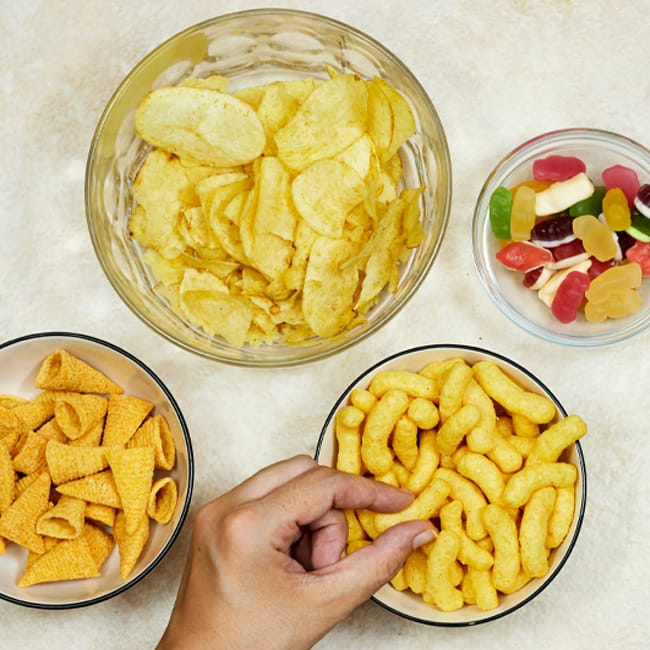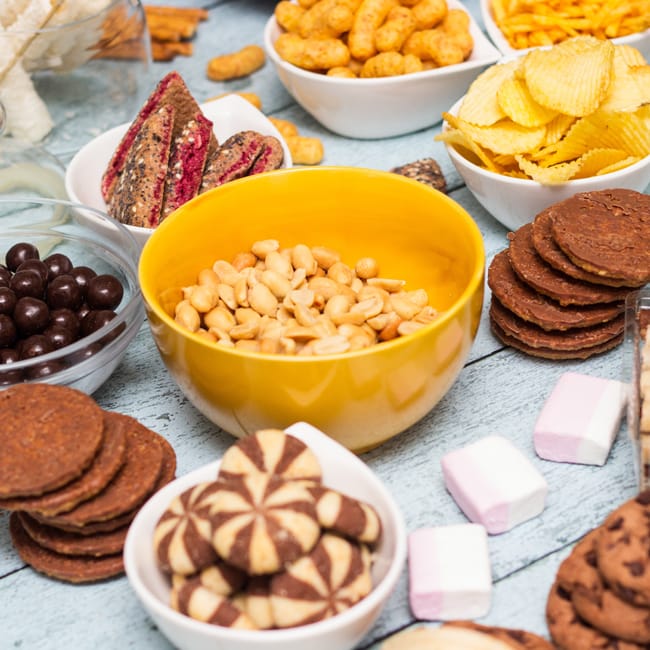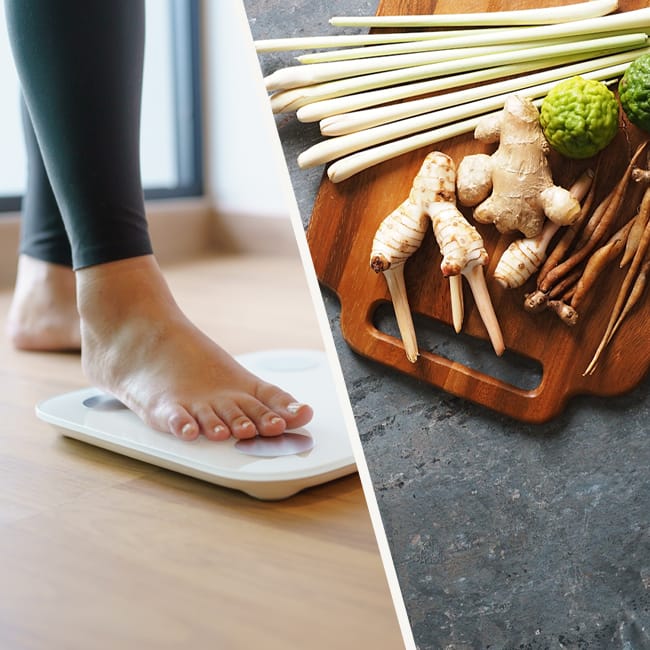It’s an undeniable fact that in any healthy diet, vegetables are a valuable source of nutrients. Packed with fiber to help increase satiety and limit overeating, veggies are an excellent carb source to accompany any meal and add some bulk to your plate. But while vegetables are at the base of the food pyramid for a reason, there are some varieties that may be to blame for bloating and indigestion, and altering the way you consume your greens can make all the difference when it comes to your digestive health. If you’ve been suffering from chronic inflammation but are following a largely healthy diet, there’s one mistake that could be the root of the issue: eating your veggies raw.


Raw Vegetables
Providing a delicious crunch and making for a great snack with a side of hummus or even ranch, raw vegetables are a fan favorite and an easy way to meet your veggie intake for the day. However, while these vegetables are loaded with fiber and will therefore aid in keeping you full for longer, it may also play a significant role in bloating as well. “Fiber is the non-digestible part of plants that move through our GI tract and is beneficial for blood sugar regulation, satiety, regularity, immunity, heart health, and more,” explains Amy Shapiro, MS, RD, CDN and founder of Real Nutrition. In general, this is great for your health, but in terms of beating bloat, it may have the opposite effect.
While fiber does keep the body full for longer due to the fact that it’s non-digestible, this can pose an issue for your belly. “Some people do not digest the carbohydrate changes in vegetables well and some have a reaction from the insoluble fiber and its fermentation by healthy bacteria in our gut, often the side effect is gas and bloating,” notes Shapiro. It’s easy to mistake bloating as the result of a poor diet, but vegetables are still a vital addition to your eating habits to achieve your healthiest bodies. Because of this, it may be worth altering how you consume your veggies–and which vegetables you opt to include in your diet.

Some vegetables, such as lettuce and red pepper are less likely to cause bloating and discomfort, but there are others which have quite a reputation for it. “Regarding inflammation in the body, some research states vegetables in the nightshade family may make inflammation worse, but raw veggies can just make you feel inflamed in your gut from gas and bloating,” explains Shapiro. Therefore, cutting down on nightshade vegetables may be prudent for reducing bloat in the body, or simply switching to a steamed or roasted variety can make your greens much easier to digest than when consumed raw. It is worth noting, however, that raw vegetables do often provide more vitamins and minerals than their cooked counterparts, but not enough to avoid cooking them.
In fact, when cooking some vegetables, their nutrients become better absorbed into the body, explains Shapiro, making a strong case for choosing cooked over raw veggies. “When we cook some veggies some nutrients actually become more bioavailable like calcium, fat-soluble vitamins, and antioxidants,” she explains. “We do lose some water-soluble vitamins in the cooking process like vitamins B and C but not greatly.”
Ultimately there are some veggies that are unlikely to cause bloating when consumed raw, such as cucumber, red peppers, carrots, and celery, so focusing on including those in your snacking habits may help to reduce any discomfort you’re suffering from in the way of bloat. Shapiro concludes that even simply chewing your food more thoroughly may help to eliminate inflammation in the gut, but if the bloating you suffer from is severe, it may be worth reducing your consumption of raw veggies until you get a handle on your digestive health.


























